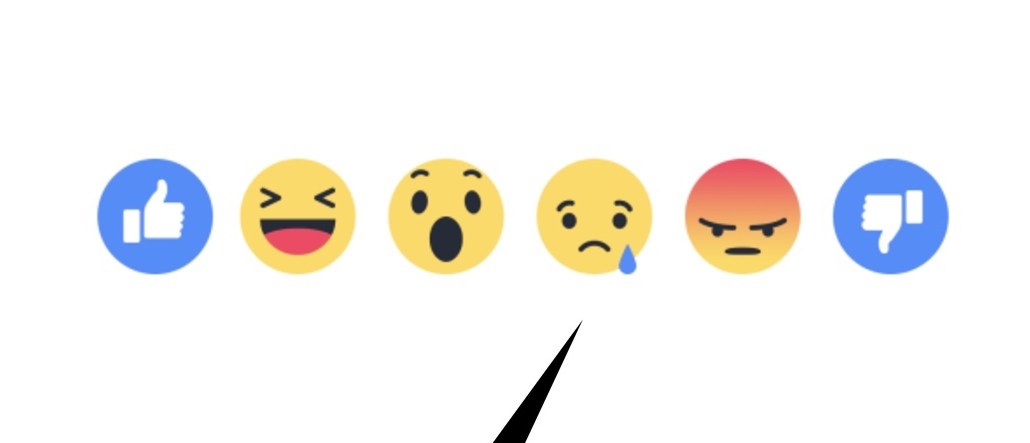Secure your place at the Digiday Media Buying Summit in Nashville, March 2-4

It took less than a week for Facebook to cut fake-news publishers off from its display ad network. It was a swift display of damage control that does nothing to answer broader questions about whether Facebook is a media company or how it will decide to approach questions about whether it has an ideological bias.
But will that move, or the controversy that forced it, cost the world’s second-biggest digital advertising partner any money?
Many media agency executives think the short-term answer is no. Thanks to Facebook’s sheer size and the level of targeting capabilities, it’s unlikely to face any kind of mass advertiser exodus — or even much in the form of probing questions. “This is an entrenched, successful partner,” said Jonathan Adams, the chief digital officer of Maxus. “As long as they’re responsive, [they] will be able to retain nearly all of their clients.”
But fake news may just be a cloud in a larger storm system. For years, all of Facebook’s content was produced by its users, but it’s now grown into a digital hub powerful enough to support its own ecosystem of media brands. That’s been great for keeping more people on its platform, but the longer Facebook has to deal with suspicions that it is awash in misleading, sensationalized, or factually inaccurate content, the greater the risk that it loses the trust of its brand advertisers.
“We consider intentionally inaccurate news to be brand unsafe,” said Brian Krick, global search and biddable director at Essence. “Facebook and these unsavory partners will be penalized for low brand safety with time.”
That lack of safety may be in the eye of the beholder. Krick said that he thinks the current scandal won’t cost Facebook any advertising dollars because advertisers have been aware of fake news on the platform for some time. “This is a known issue,” he said.
It’s difficult to get a clear picture of just how pervasive fake news was in the run-up to the election. Facebook’s founder and CEO, Mark Zuckerberg, called the notion that fake news influenced the election “pretty crazy,” saying that it was a problem on both right- and left-leaning publications and that just 1 percent of the content shared during the election was fake.
Yet a number of completely untrue stories, including one announcing Pope Francis had endorsed Donald Trump, and another implying that Hillary Clinton would be indicted by the FBI, were shared millions of times in total this year. Philip Howard, a professor of internet studies at Oxford, described the volume of fake news passed around social networks, including Twitter and Facebook, ahead of both the election and Brexit as “large.”
Any data that might allow definitive conclusions to be drawn is under Facebook’s control. “It’s as if tobacco companies controlled access to all medical and hospital records,” Zeynep Tufekci, a professor at the University of North Carolina School of Information and Library Science who has been studying Facebook, wrote in an op-ed published Tuesday in The New York Times.
But while brands may be leery of an environment where fake news might pervade, Facebook’s newest group of advertising partners may care a lot less. “Performance marketers have thicker skin than brand marketers,” Maxus’ Adams said.
“This is a symptom of a new dawning age in branding,” said Chris Wexler, svp of media and analytics at the media agency Cramer-Krasselt. “We strongly believe that algorithmic platforms, Facebook in this instance, have a need to build, for lack of a better term, morals into their algorithms.”
But even if Facebook’s much-discussed algorithm starts exercising some measure of editorial judgment, that’s likely just the beginning of a long fight. “Google has shown in its battle with Black Hat SEO practices that this is a protracted and difficult issue in a programmatic age,” Wexler said.
The current crop of publishers that caused this problem for Facebook and Google may have trouble seeing daylight now that the election is in the rearview mirror. “With Google banning the AdSense ads themselves on these fake news pages, it should become less of an issue quickly,” said Doug Rozen, the chief digital officer at OMD.
“It’s not that issues will arise,” Rozen said. “It’s about how quickly the industry responds.”
More in Media

From feeds to streets: How mega influencer Haley Baylee is diversifying beyond platform algorithms
Kalil is partnering with LinkNYC to take her social media content into the real world and the streets of NYC.

‘A brand trip’: How the creator economy showed up at this year’s Super Bowl
Super Bowl 2026 had more on-the-ground brand activations and creator participation than ever, showcasing how it’s become a massive IRL moment for the creator economy.

Media Briefing: Turning scraped content into paid assets — Amazon and Microsoft build AI marketplaces
Amazon plans an AI content marketplace to join Microsoft’s efforts and pay publishers — but it relies on AI com stop scraping for free.





